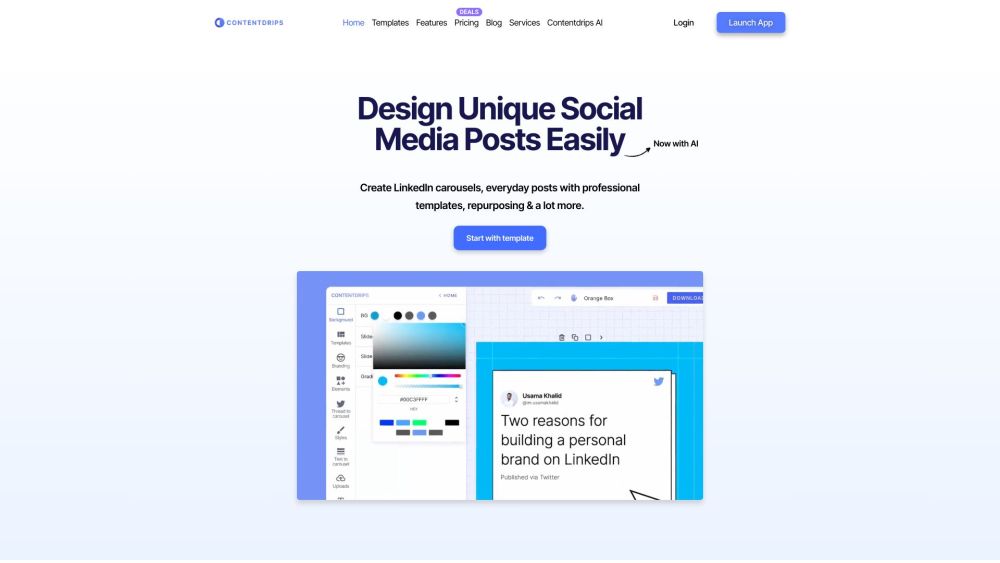Rapper Pras Michel, a member of the influential hip-hop group The Fugees, has accused his attorney, David Kenner, of utilizing artificial intelligence during the closing arguments of his recent federal criminal trial. Pras alleges that Kenner employed an AI program in which he may have had a financial interest.
Pras, whose legal name is Prakazrel Samuel Michel, was convicted in April on 10 counts, including conspiracy and acting as an unregistered foreign government agent, and he faces a potential 20-year prison sentence. He is now seeking a new trial, claiming that Kenner relied on “experimental AI” to draft the closing argument, which he argues ignored critical arguments and conflated the charges. Pras cites Kenner boasting that the AI program “turned hours or days of legal work into seconds.”
The motion to grant a new trial points out that Kenner and his co-counsel appeared to have undisclosed financial ties to the AI program, suggesting a conflict of interest. The rapper claims that Kenner used the AI to produce closing arguments with inaccuracies, including wrongly attributing the lyrics “Every single day, every time I pray, I will be missing you” to The Fugees, when they actually belong to Puff Daddy and Faith Evans from their tribute to Biggie Smalls. Additionally, Kenner is accused of incorrectly crediting Pras’ 1998 solo hit “Ghetto Supastar (That Is What You Are)” to The Fugees.
Further allegations against Kenner include claims of ineffective counsel. The motion states that he failed to thoroughly understand the relevant laws, overlooked significant weaknesses in the government’s case, and outsourced trial preparation to contract attorneys, undermining Pras’ defense.
In April, Pras was found guilty of funneling money from Malaysian financier Low Taek Jho to Barack Obama’s 2012 reelection campaign. Prosecutors contended that he acted as a conduit for Low’s donations, while Pras maintained that his intent was merely to facilitate a photo opportunity between the businessman and Obama. He allegedly attempted to obstruct a DOJ investigation and influence an extradition case.
Pras' situation echoes the case of Steven Schwartz, known as the “ChatGPT lawyer,” who faced penalties for referencing fictional cases in legal documents. Schwartz and his associates were fined for neglecting their responsibilities while claiming they were unaware that the AI's content could be misleading.





